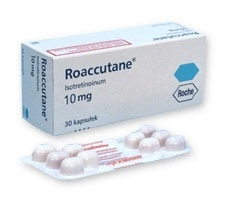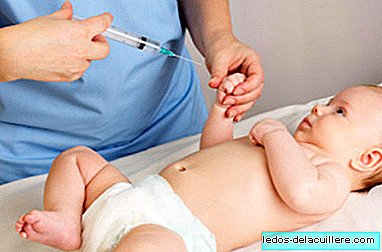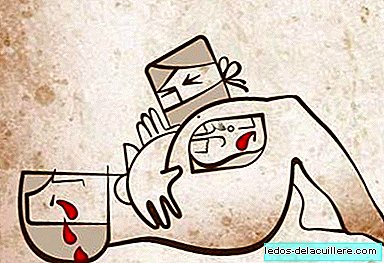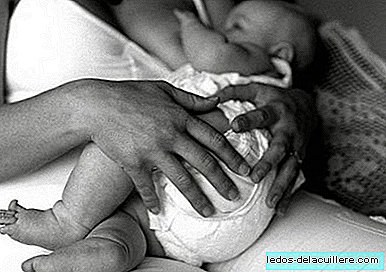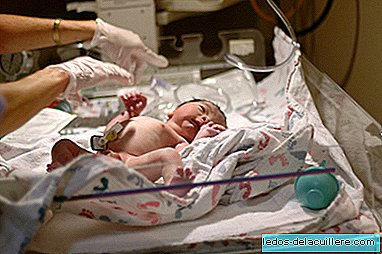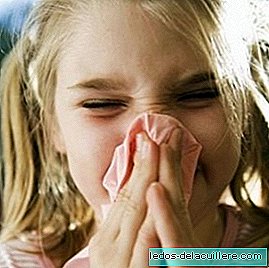Children are more susceptible than adults to the spread of viruses and bacteria, especially when they go to daycare or school and share the same space with other children. It is normal that throughout the year episodes of fever, cough, mucus, cold, flu and infections such as bronchitis, otitis and other "itis" appear.
Parents immediately throw in a medicine cabinet or visit the pharmacy to buy drugs to reduce fever, relieve cough or sore throat, but we must know that we do not always do well. Pediatricians warn that medications are overused to treat minor problems in children. Specifically, they say that almost 70% of drugs used in childhood are for banal processes. The question is required: Do we over medicate children?
Avoid medications for minor symptoms
As stated by Juan Bravo, member of the Medicines Committee of the Spanish Association of Pediatrics (AEP), to La Razón, "I would not talk about overmedication, but of excessive use of medications for minor symptoms. "
Parents should avoid giving medication at the slightest symptom. The most commonly used drugs in children are antibiotics, pain relievers (to relieve pain), antipyretics or antipyretic drugs (paracetamol and iburpofen for fever) and anithistamines (for the treatment of allergies), many of them over-the-counter.
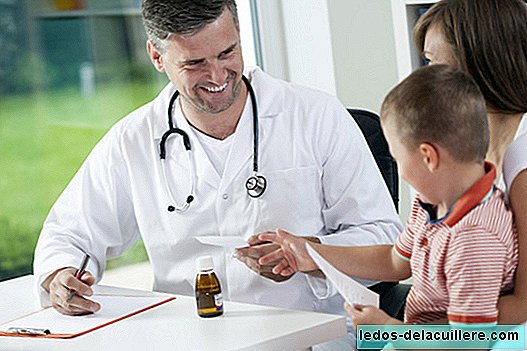
There are no studies on the consumption of medicines in the pediatric population, but Ana Celada, spokesman for Aepap, says that "in the few carried out there is a high consumption of anti-catarrhal drugs, especially in the younger population. Children are consuming a lot of ibuprofen, paracetamol and antibiotics, which has generated a resistance of the bacteria that cause certain diseases. In younger children (under five years of age) there is a greater consumption of medications (prescribed and non-prescribed) than in older children. "
We must be very careful when administering a medication to a baby or a child, especially when it comes to over-the-counter medications. We must always read the ingredients and instructions, and give it in the amounts indicated.
How to know when to give medicine?

Of course, one of the most difficult questions to solve is when it is necessary to administer a medication and when not. The answer is in go to the pediatrician who will prescribe the most appropriate medication in each case. If we are going to give them on our own, it is important to take good note of some tips:
In case of fever
We talked about it a few days ago by mentioning the excessive use of ibuprofen. There are home remedies to lower the fever that we can use before giving a medicine, in addition to knowing that the fever itself is not bad, it is a mechanism of defense of the organism against an infection and the anti-thermal are not always necessary.
Antibiotics: avoid misuse
Antibiotics do not work to cure everything. More than 90% of infections that children have during the first two or three years of life are viral, and therefore do not require antibiotics, which are effective in treating only infections caused by bacteria.
They are not effective against colds and flu or sore throat or cough, flu or colds, much less serve to prevent. They only cure those diseases caused by infections of bacterial origin, such as tonsillitis or bacterial pharyngitis, and always prescribed by the doctor. Use them well.
Colds or colds: they are not cured with medicines
The cold or cold lasts between three and ten days and runs with sneezing, runny nose, headache, runny nose and congestion, watery eyes, itching, sore throat, cough and general tiredness.
There is no treatment that cures or shortens the duration of the common cold or cold, they heal on their own thanks to their spontaneous evolution. Therefore, by not being cured with medicines, what we must do is to relieve the symptoms that it produces.
It is especially important to remember the recommendation in young children. Children under 2 years old cannot take cold medicine because they may have serious or very serious side effects.
And the cough?
The syrups we give children for coughs (cough suppressants) only relieve their symptoms, but neither cure them nor make them last less. Even of some phytotherapeutic and homeopathic syrups there is no evidence that they are safe or safe.
When there is a cough, it is best to go to a lifelong remedy. Not only do grandmothers say it, but also a scientific study: honey with milk is as good a cough remedy as cough syrups.


